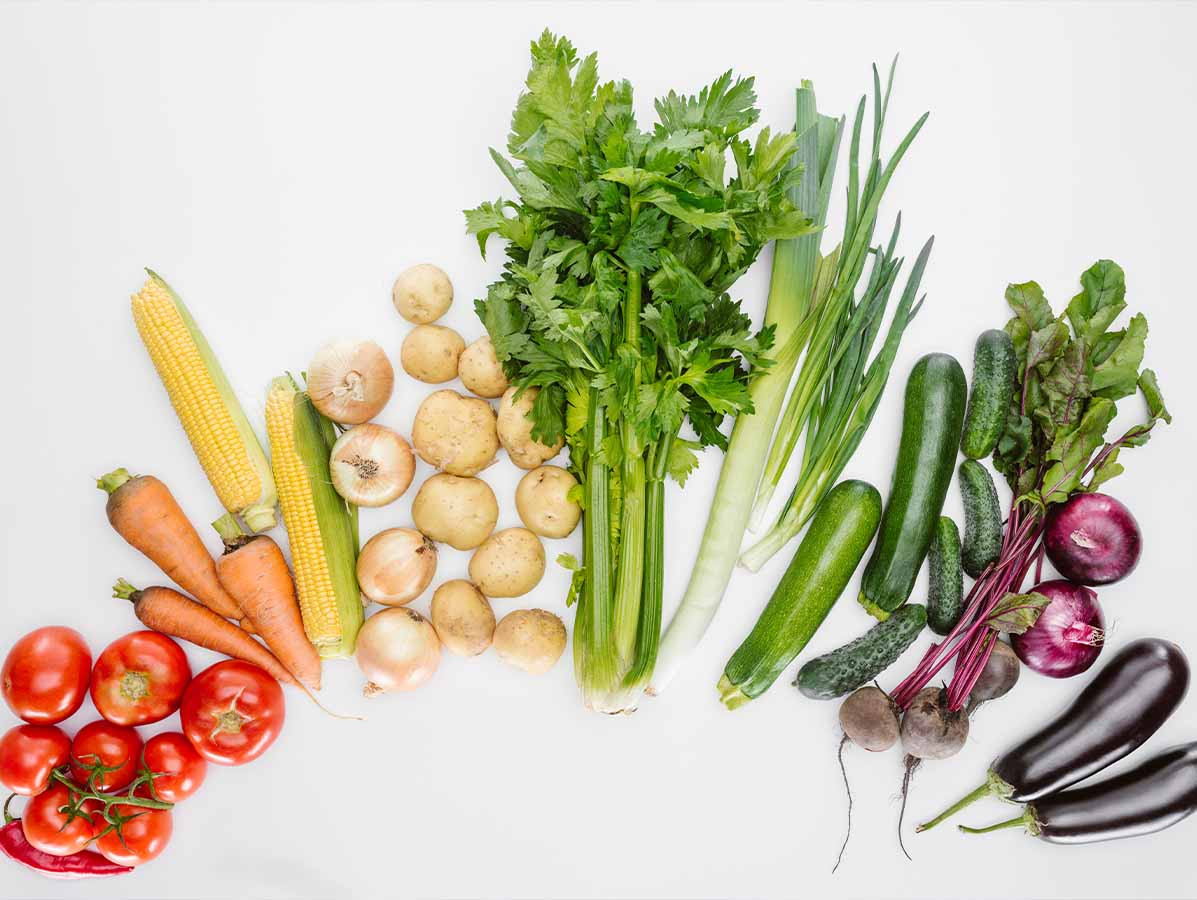
The global vegetable sector has faced significant challenges in recent years. Issues such as the coronavirus pandemic, extreme weather, and logistical problems have impacted vegetable consumption, production, and trade worldwide. As a result, consumer price for vegetables have sharply increased, according to the World Vegetable Map 2024 by Rabobank.
Despite a growing global population and increasing demand, vegetable production in the United States and the European Union is on the decline. Over the past five years, the US has become the world's largest importer of vegetables, with a particularly high demand for fruit vegetables like tomatoes, cucumbers, and peppers. This has led to an almost 40 percent increase in vegetable exports from Mexico during the period from 2017 to 2022.
While Spain, the Netherlands, and Italy remain the main vegetable exporters in Europe, new players such as Poland and Turkey are taking on significant roles. Poland has moved from the fourteenth to the ninth position on the list of the world's largest vegetable-importing countries over five years. This shift indicates a changing dynamic within the European vegetable market, driven by economic growth and changing consumer preferences.
In the processed vegetable sector, countries like China and Turkey are increasingly dominant. China has even taken over Belgium's leading position in the export of frozen vegetables. This growth occurs at a time when the vegetable processing industry is facing substantial cost increases for purchasing vegetables, energy, packaging, and transportation. In 2021, these challenges were exacerbated by the overall economic situation, leading to significant price increases for consumers.
These developments highlight the dynamic nature of the international vegetable sector. Countries like the Netherlands and Spain maintain their leading positions, while new markets and shifts in consumption patterns continue to shape the industry. The demand for sustainable and locally produced food is expected to influence the strategies of vegetable producers and exporters further.
Source: Rabobank